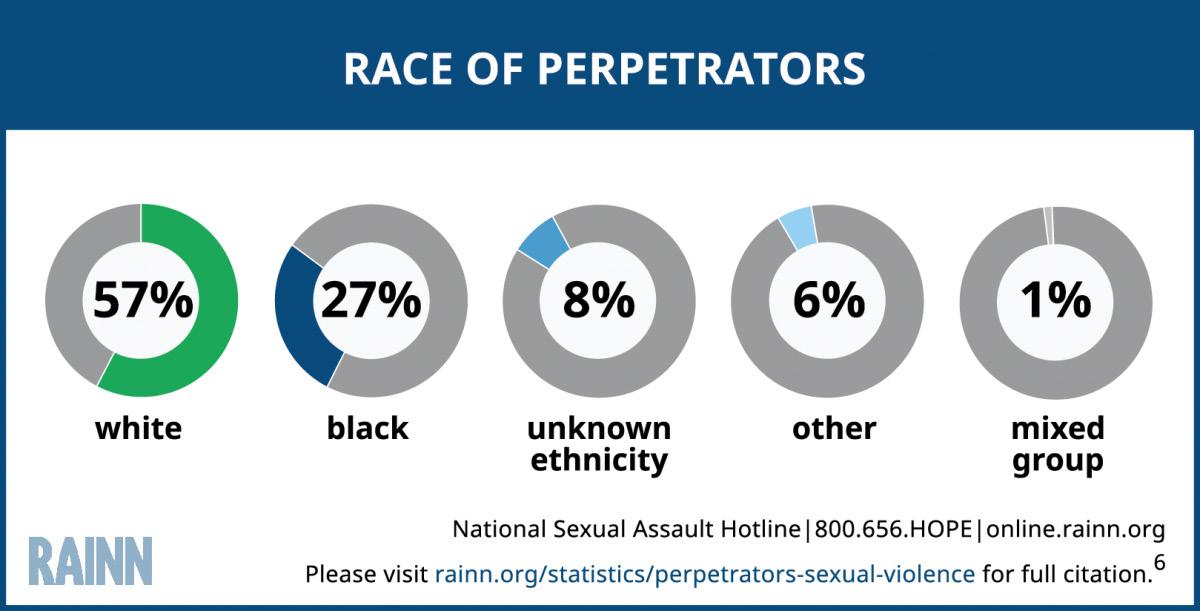
3 minute read
Fin
Learn about shark-finning with me by CateLynn Aiman
During Covid, I have had a lot of time to watch T.V. A one hour special of Gordon Ramsey going undercover to find out the secrets of shark finning piqued my interest and I had to watch it. The documentary is called Shark Bait and took place in Taiwan. He found out the culture behind it, what happened on the boats, what they used to catch the sharks, and how the soup was made.
Advertisement
According to the Smithsonian Museum, the meal known as Shark Fin soup is most popular in South East Asia. People who eat this dish are usually rich or part of the dynasty. They usually ate it because of what happened in Fiji. According to a Fiji legend, a Fijian warrior god, Dakuwaqa, is a protector of fishermen. He had to defeat a shark-like creature, Ketea, who was eating fisherman. The people of Fiji rejoiced by eating the shark and making shark fin soup. I could see why South East Asia hates sharks back then. But because we are in different times, we know a little more about sharks. Sharks are not at all bad.
Most people do not know why they ate shark fin soup. Ramsey asked around and nobody knew why. If you’re going to eat a dish that expensive, you should at least have a meaning behind it.
As I watched the documentary, Ramsey bought the most expensive shark fin soup he could find. It looked bland and dull, nothing I would want to eat. My thoughts were confirmed when Ramsey took a bite, and said that it was the most bland thing he has ever tasted. Ramsey said, “It could be chicken or duck and it would taste the same.”
Walking along the street vendors in Taiwan, Ramsey happened to look up and he saw a roof full of shark fins. He tried his best to get to the roof, but the people at the top of the roof kept pushing him away and telling him to turn the camera off. He managed to get a glimpse of it with his camera and what he saw was horrific. It was at least 100 fins from all different kinds of sharks.
We think we know where our food comes from. We like to know where food comes. We like to know what we are eating. However, when people eat shark-soup most of them have no clue where it comes from. Ramsey asked people who were selling it and they did not know what shark it is or where it came from.
According to the Environmental Justice Foundation, in Taiwan it is legal to fish for sharks. However, shark finning is illegal. Shark fishing is when the fisherman kills the shark and uses the whole body. ”While, shark finning is when the fisherman saws the fins off and throws the shark back into the water, not using the whole body. This law is in place, but that only means that the fins are gonna be more expensive. The price goes up, but so do the consequences.
“Although this is a common exploitation for profit in certain parts of the world, it can have negative impacts on the surrounding ecosystems. Many people view sharks as dangerous animals; however, their role as top predators in the marine ecosystem is vital and when large quantities of sharks are dying as a result of shark finning, the large scale results can be detrimental,” said Danielle O’Toole, science teacher.
If I saw someone participating in shark-finning, I would tell the authorities. Brooke Pickeral, junior, agreed and said, “I would call the police or try and stop them.”
As a good end to the documentary, Ramsey gathered up restaurant owners and told them, in detail, what happens to the shark and why they should stop selling shark-fin soup. All of them told him they were no longer going to sell it.
I have pledged to Humane Society International to not eat or participate in shark-finning. I encourage you all to sign the pledge too. They also accept donations to help fight shark-finning. Let us work together to end this act of animal cruelty.








